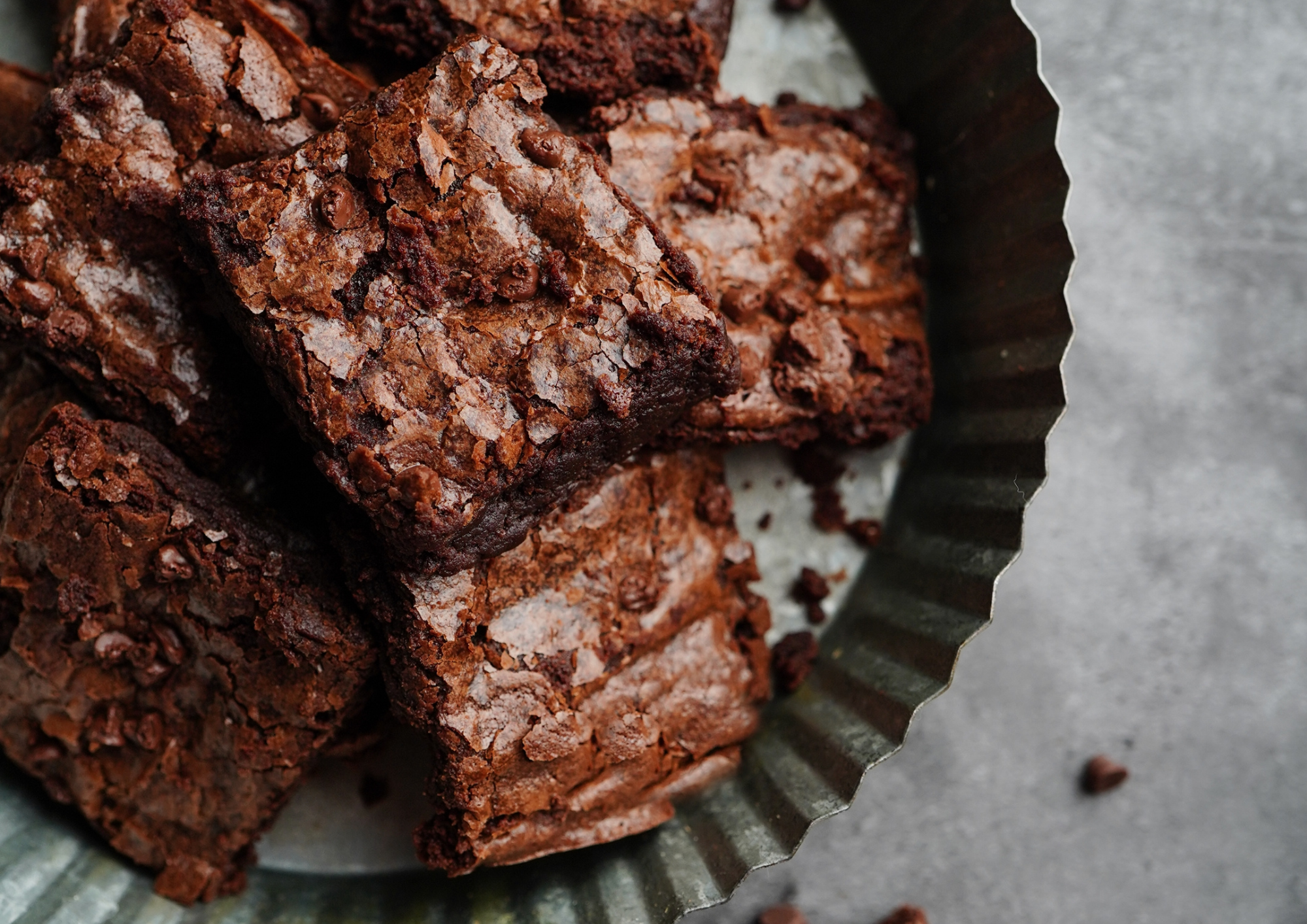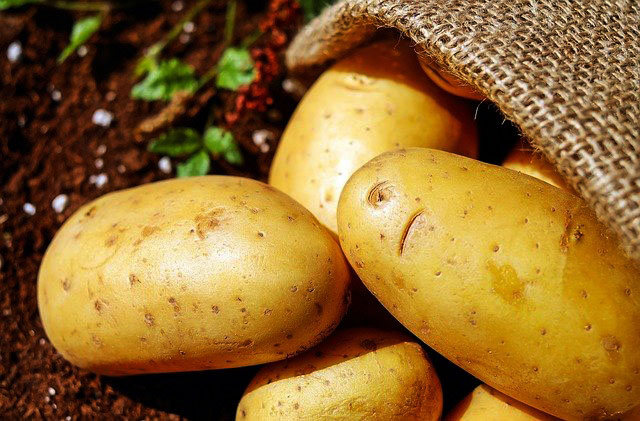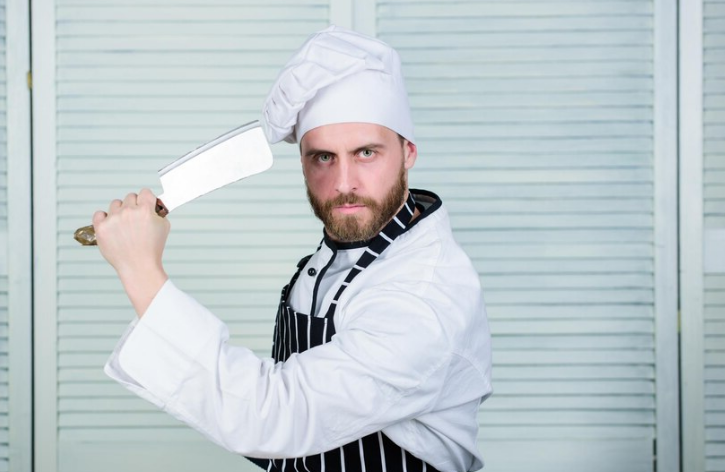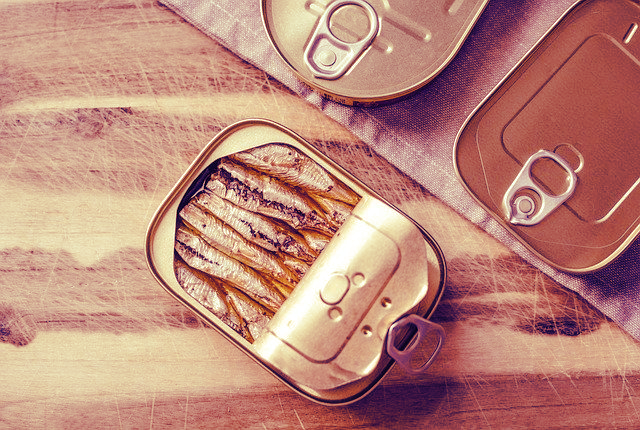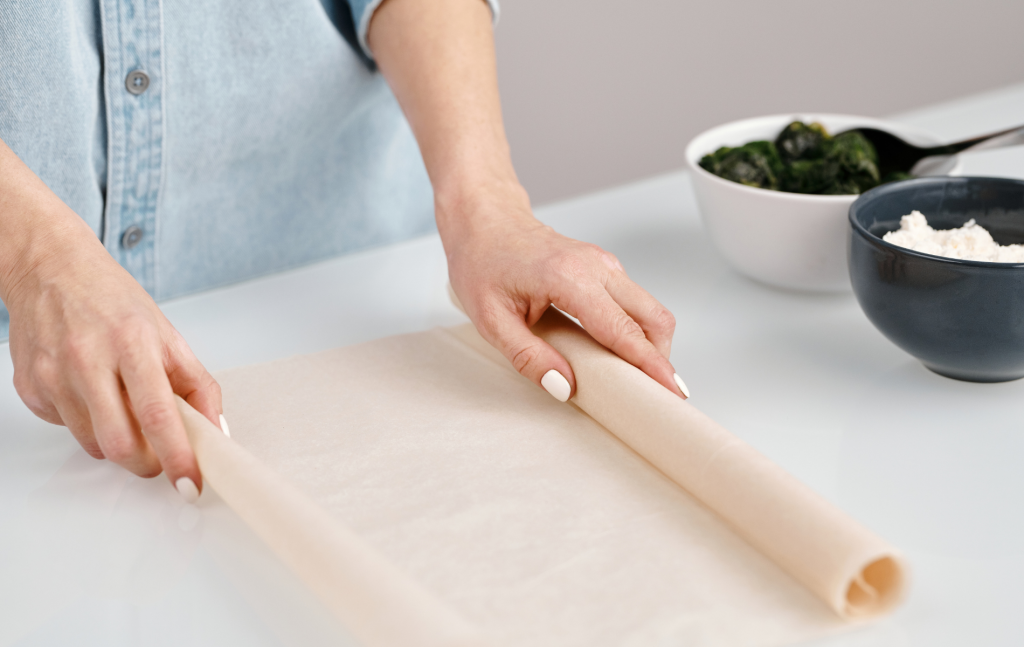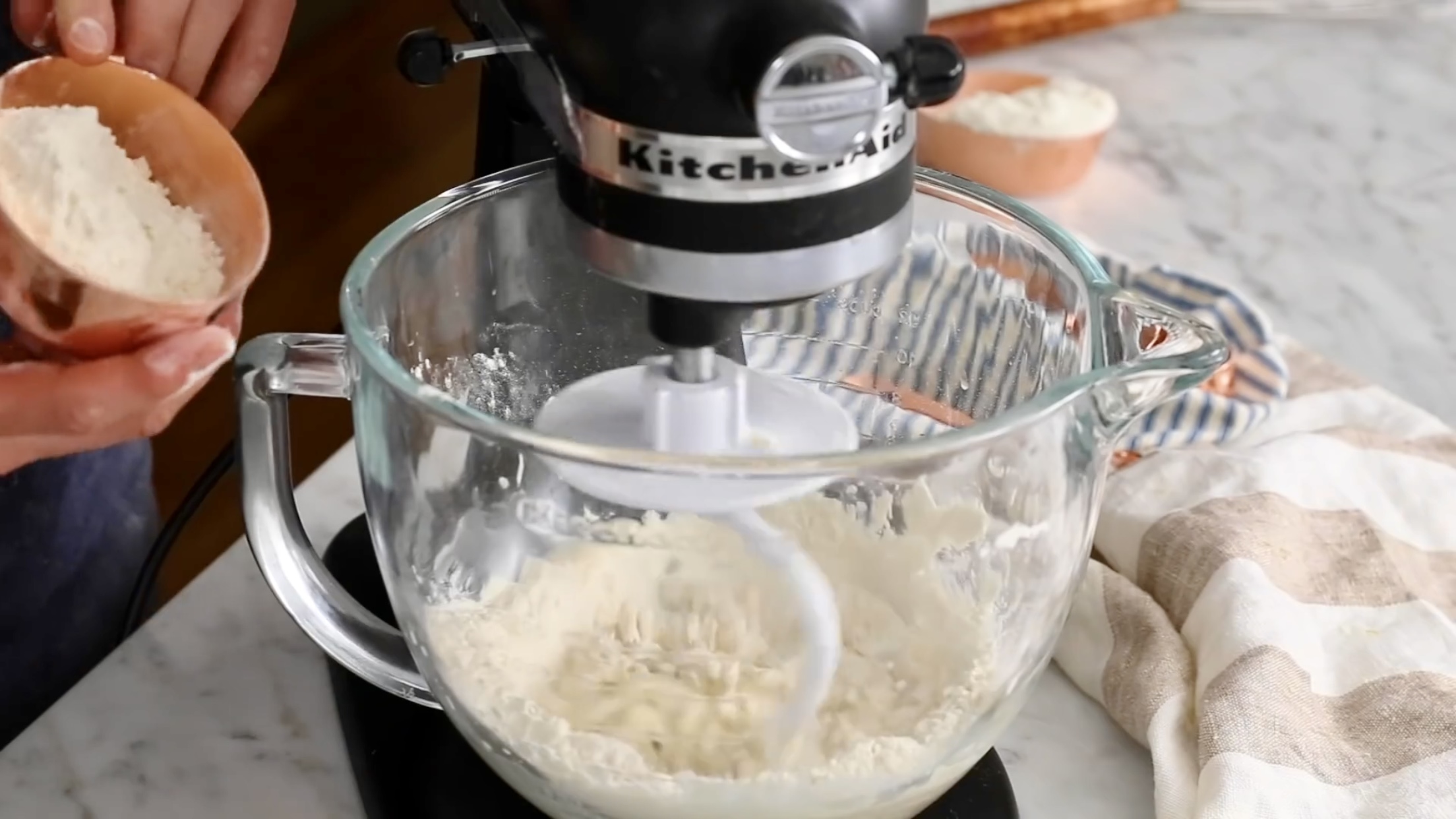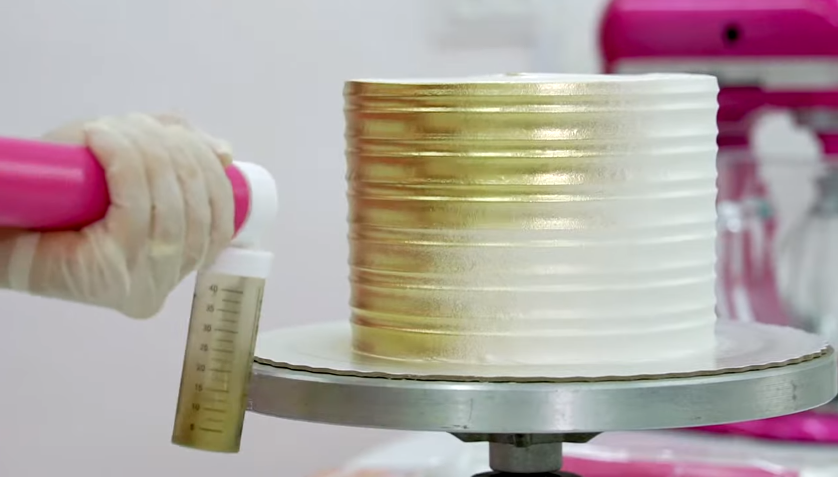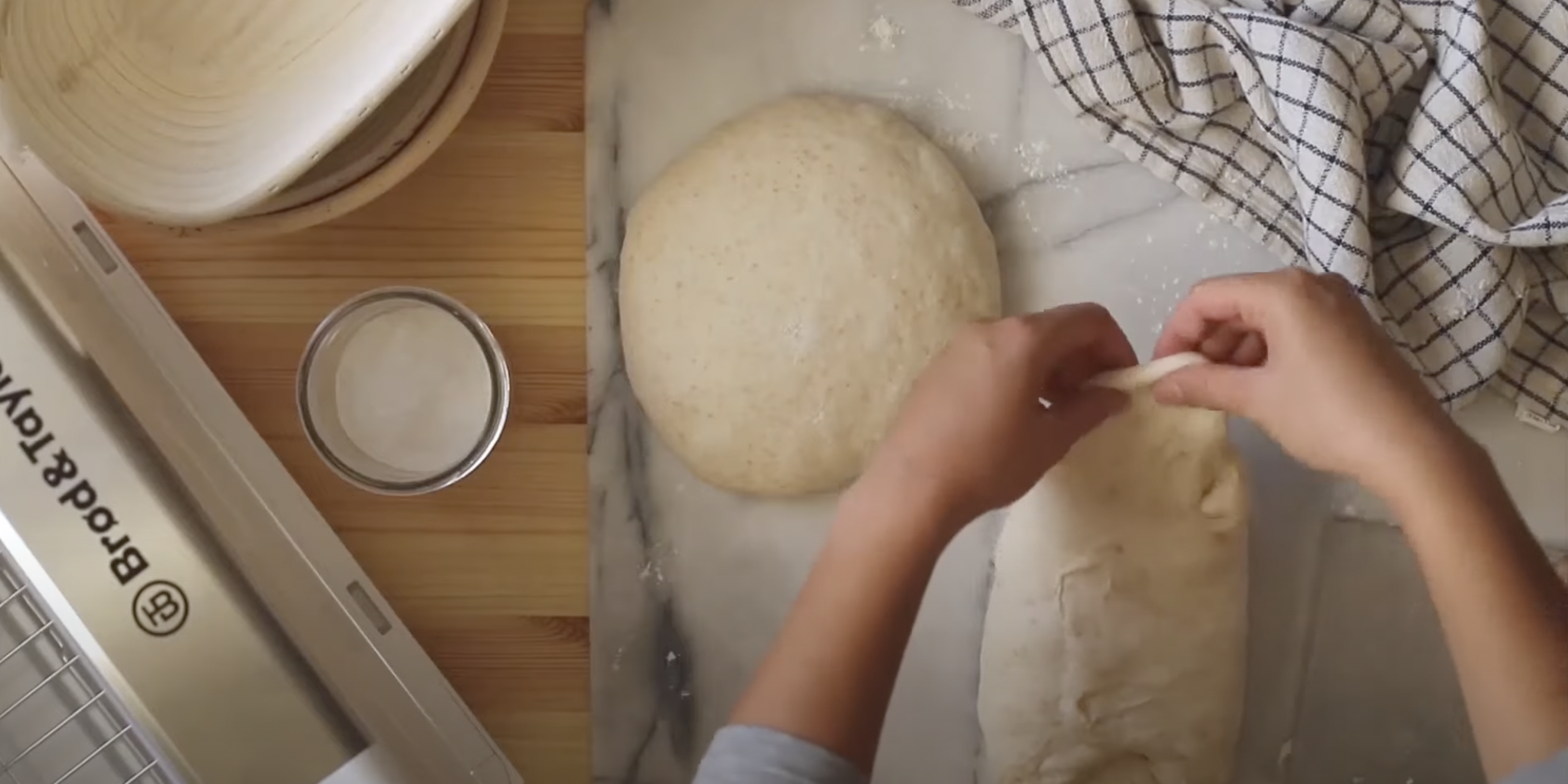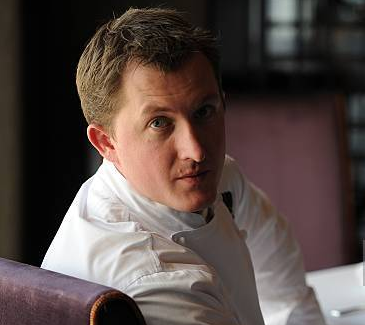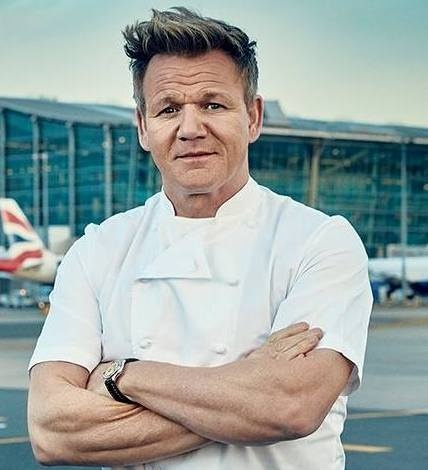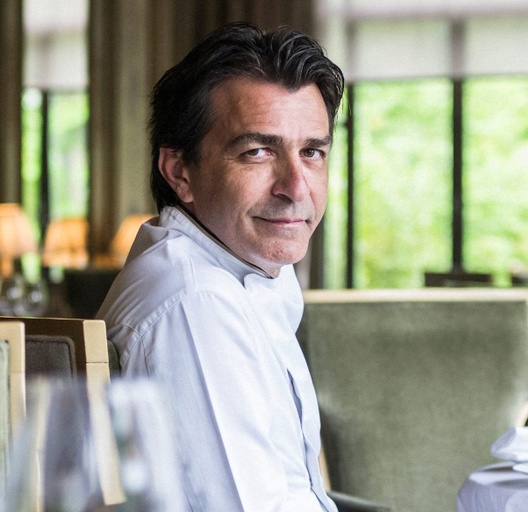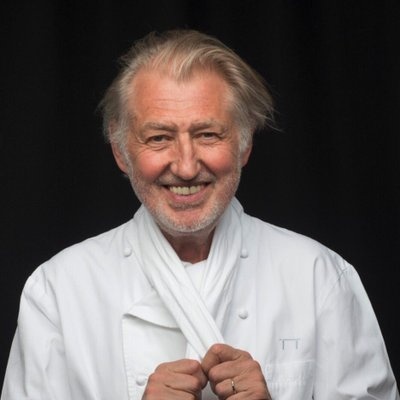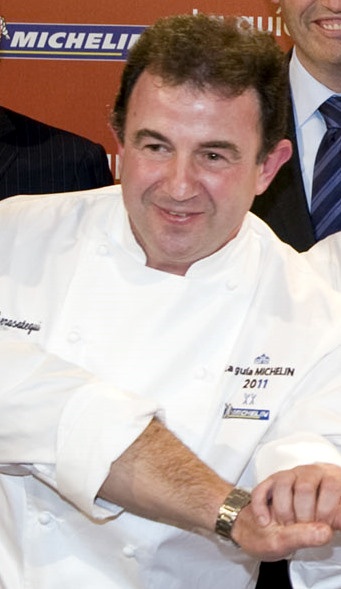Yes to the first part, no to the second. It is safe to cook an unstuffed frozen turkey. The cooking time will be at least 50 percent longer than recommended for a fully thawed turkey. The general challenge with such a large bird as a turkey, though, is getting the inside cooked thoroughly before the breast meat turns to dry rubber. Cooking it frozen tends to amplify that problem.
Our faithful government doesn't want you to ever roast meat below a temperature of 325°F (160°C). Its concern is that lower-temperature roasting will allow parts of the meat to linger at temperatures below 140°F (60°C), where potentially harmful bacteria flourish. That concern is heightened with chickens and turkeys, which are roasted with the skin on, as the skin is the primary source of meat contamination (although contaminated birds are rare). The concern is further amplified with turkeys, which, being much larger, would linger for hours and hours at temperatures the government considers too low.
Some folks start a bird in the oven at 375°F (190°C) for a half hour or so to ensure that the skin and outermost portions of meat zoom quickly past 140°F, and then lower the temperature to finish cooking. Depending on the size of the turkey, though, this could mean leaving the bird in the oven for many, many hours, and - again - the government considers this practice unsafe.
Christopher Kimball, author of The Cook's Bible, says bacteria can double every 20 minutes at temperatures just below 140°F, which means 10,000 bacteria can become 40 million in 4 hours.
Are there people who slow-roast a turkey and live to tell about it? Of course. But the government is concerned with the prospect that some birds that reach market are contaminated with harmful bacteria, and unless all turkeys are cooked in a safe manner - reaching temperatures that definitively destroy the bacteria - a few of the bad ones will slip through the cracks.
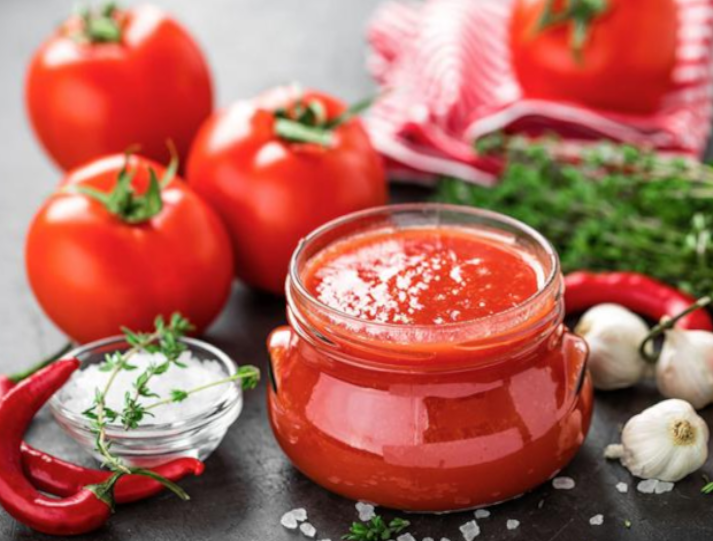
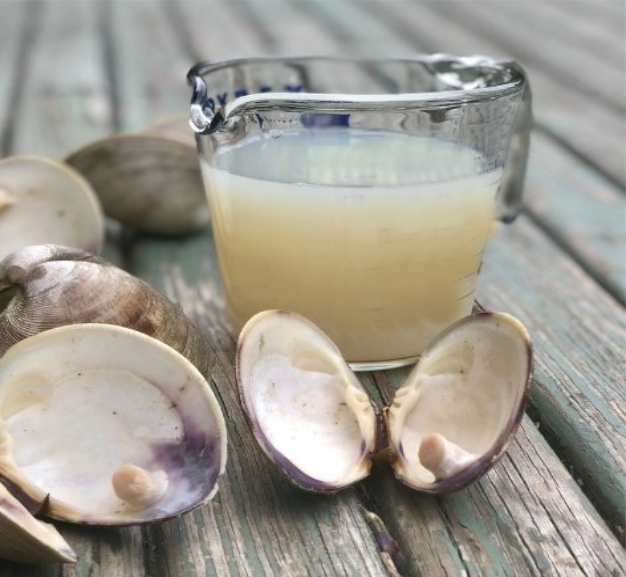
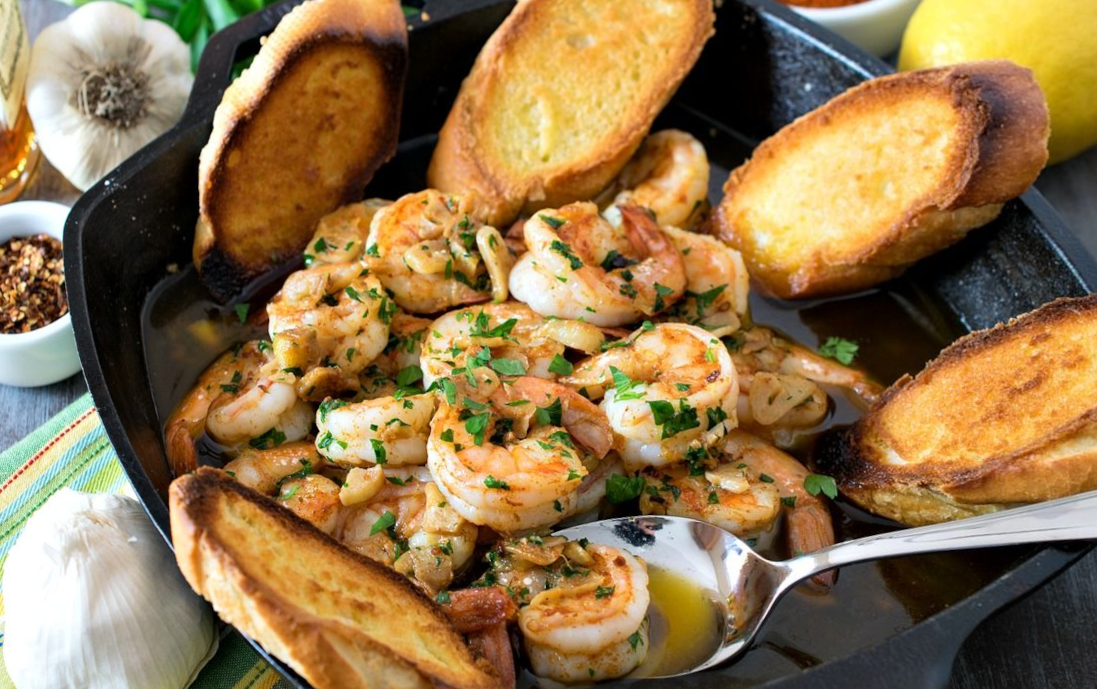

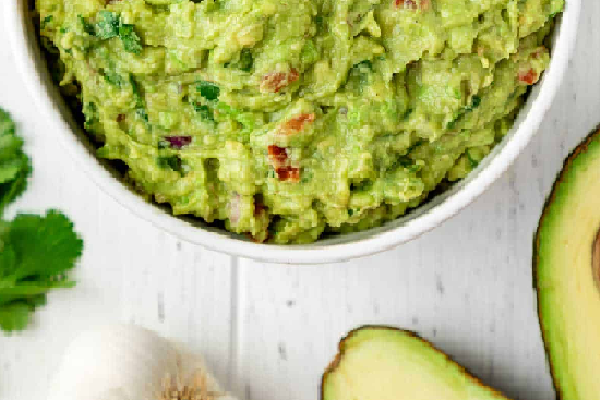
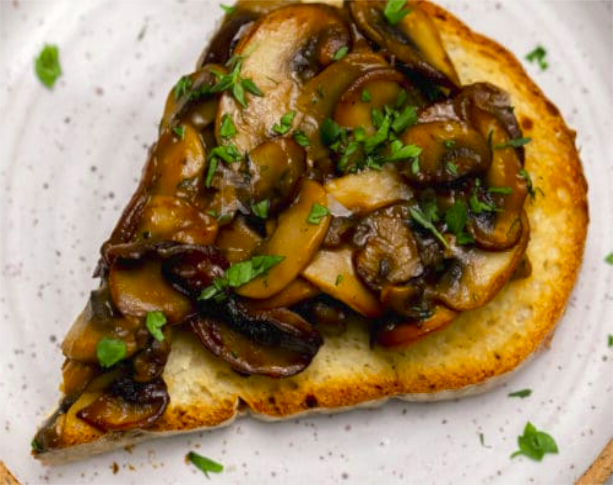
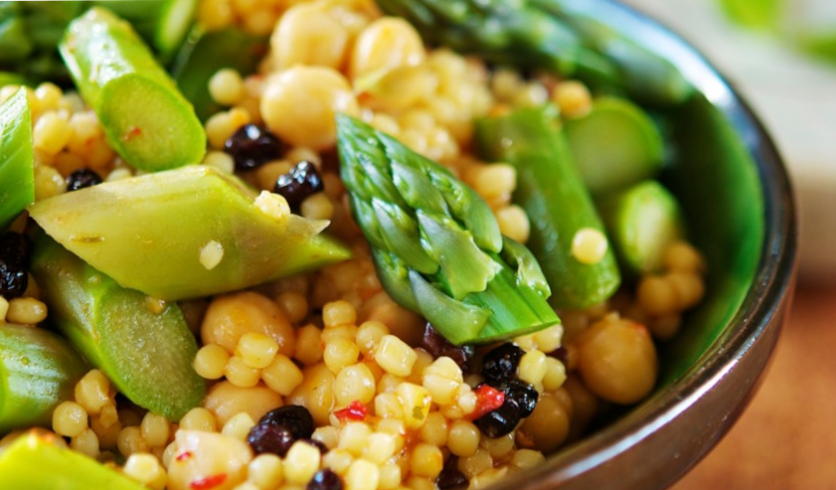
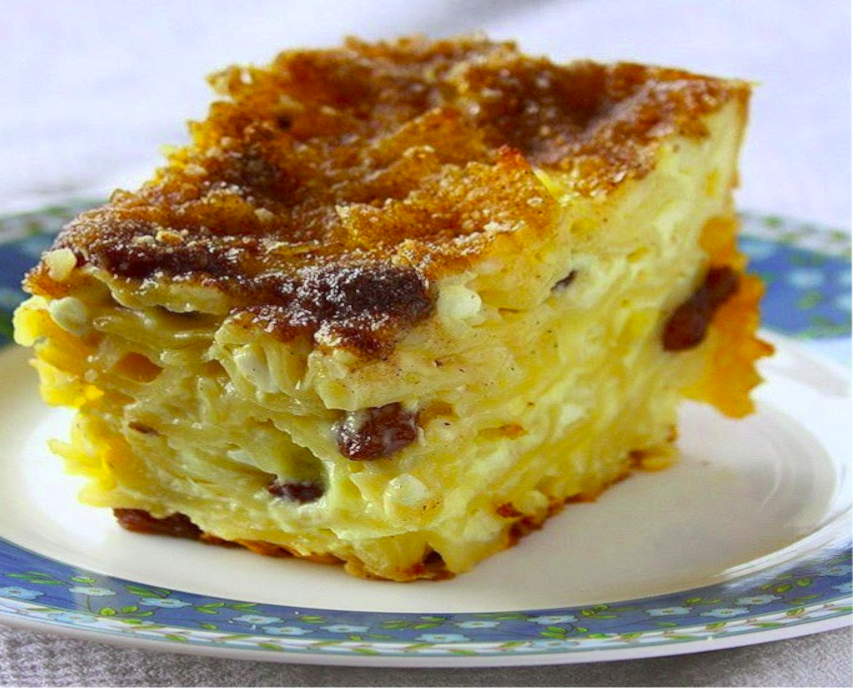
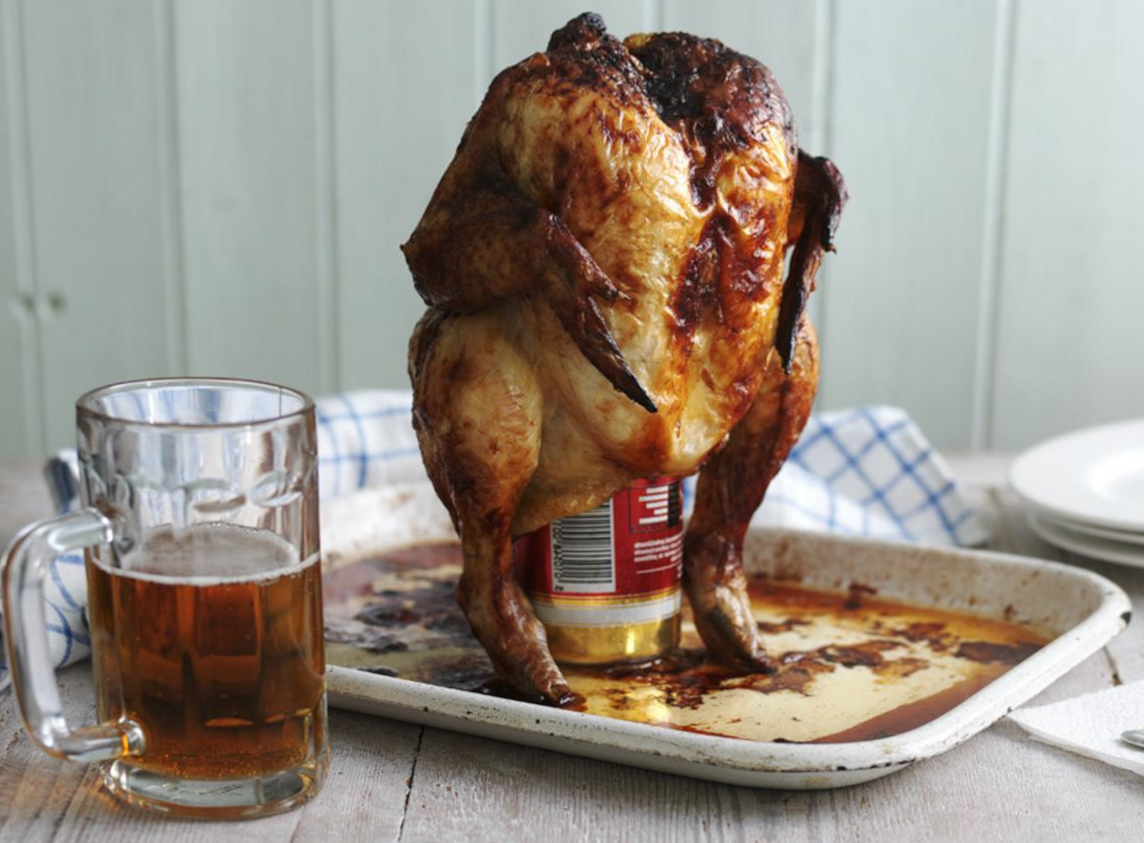
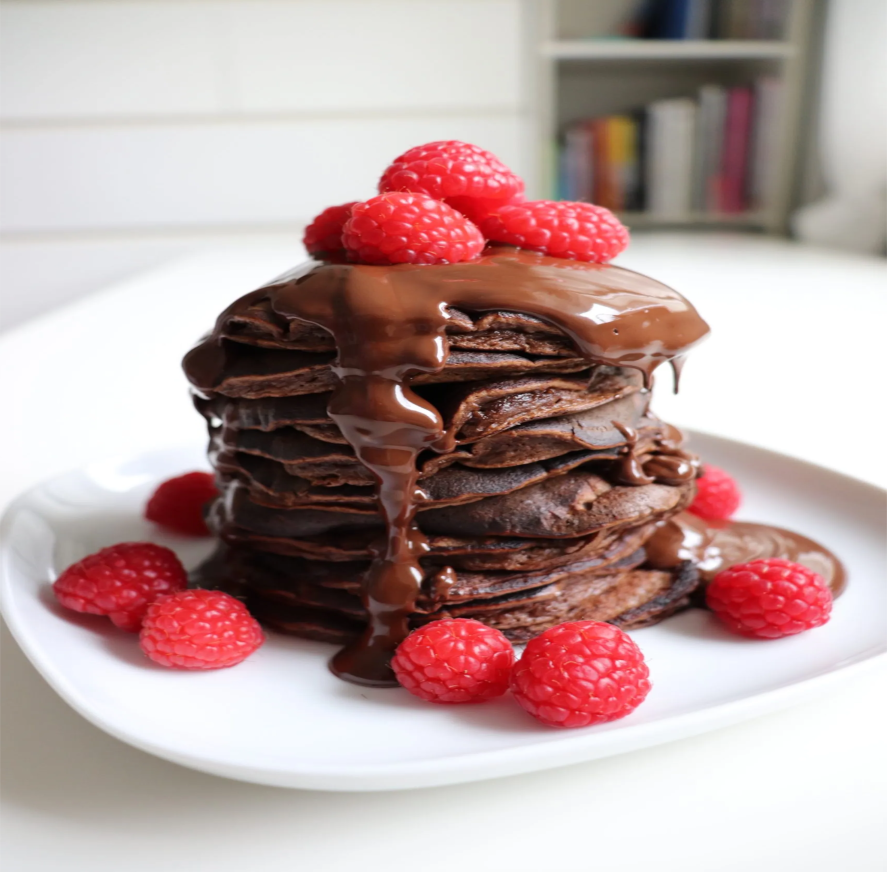
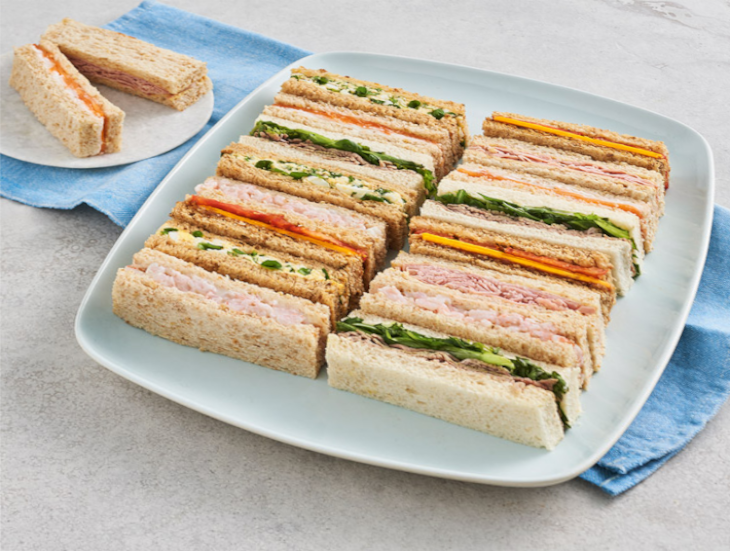



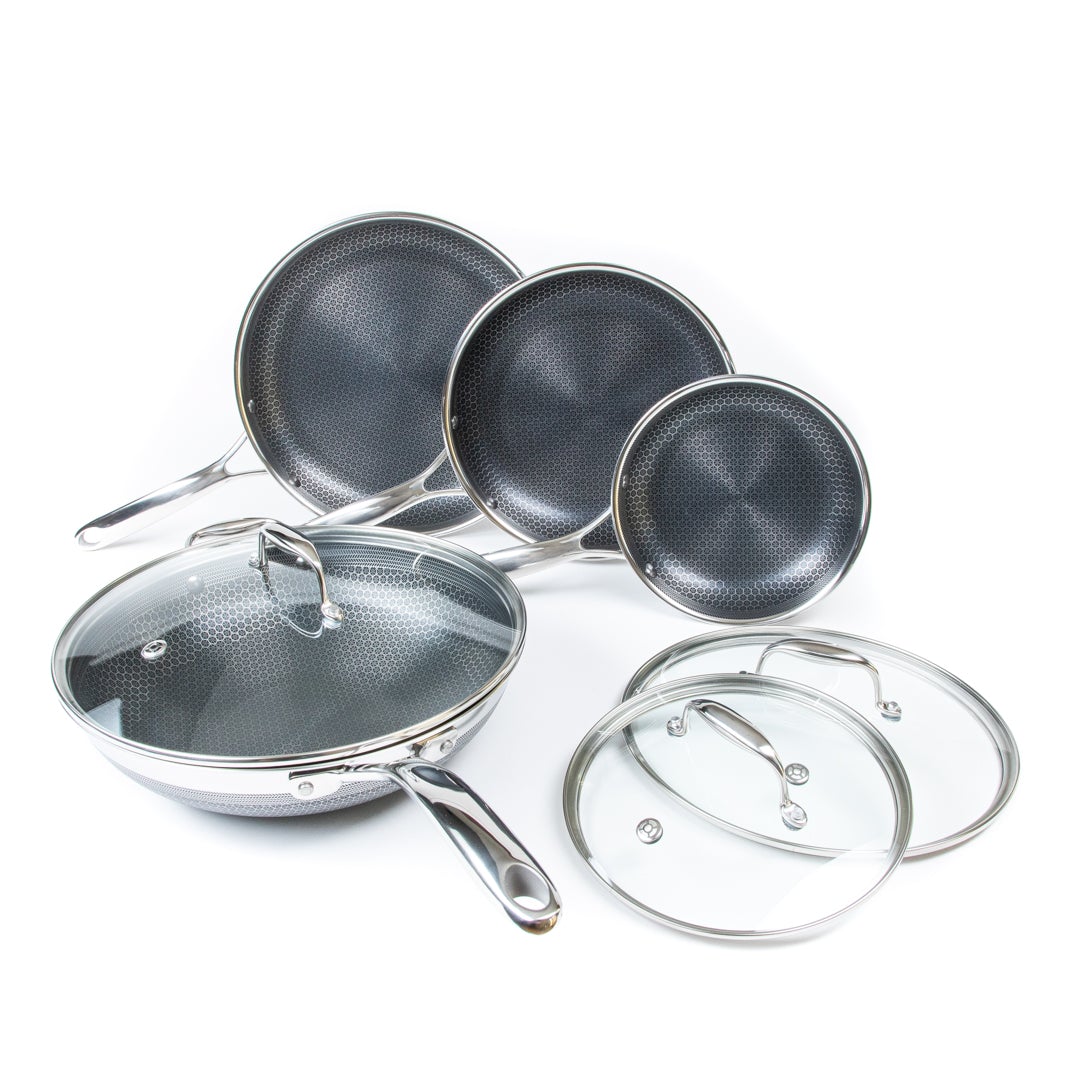
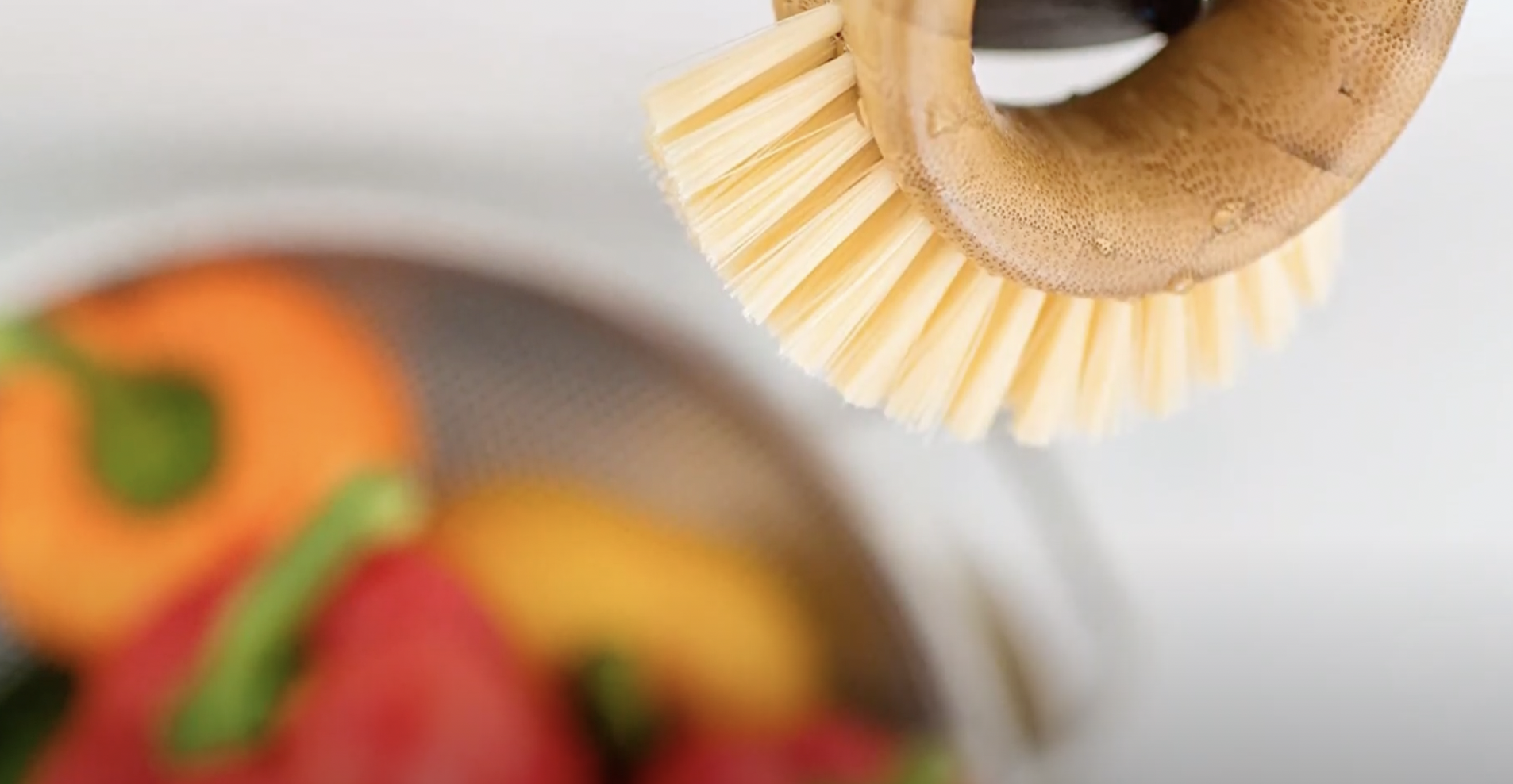
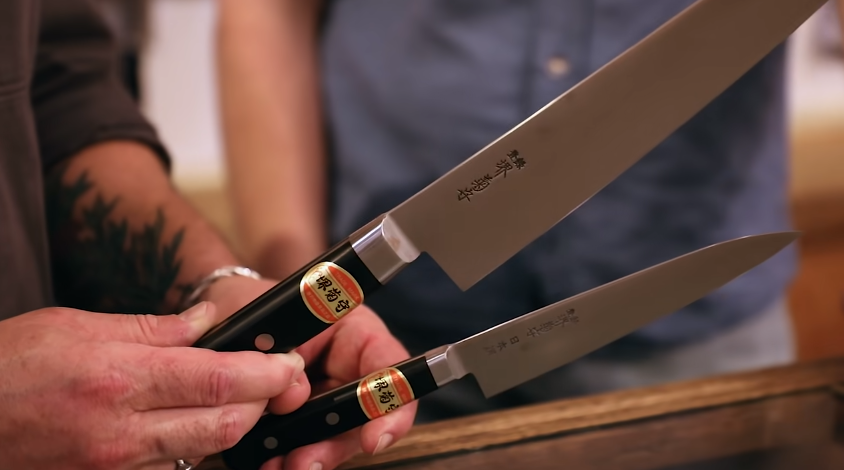
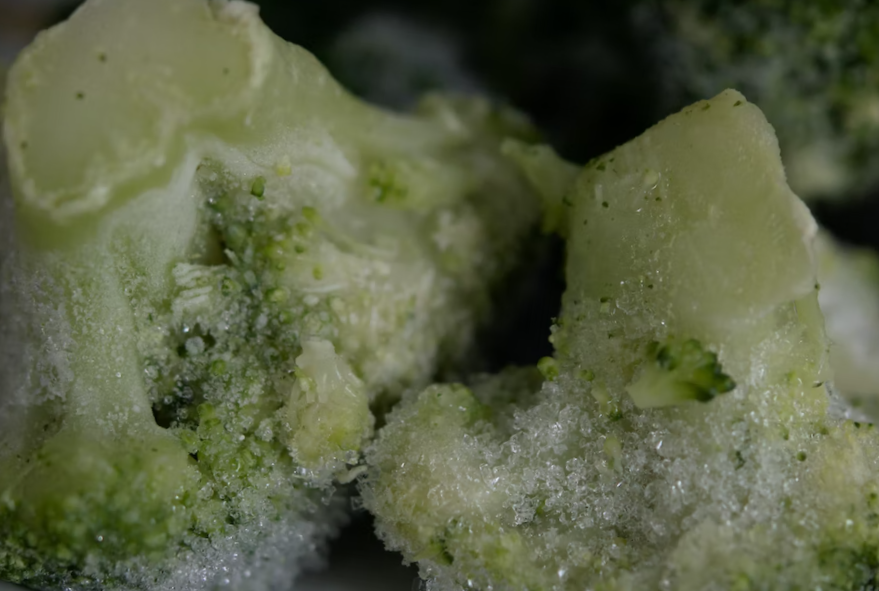
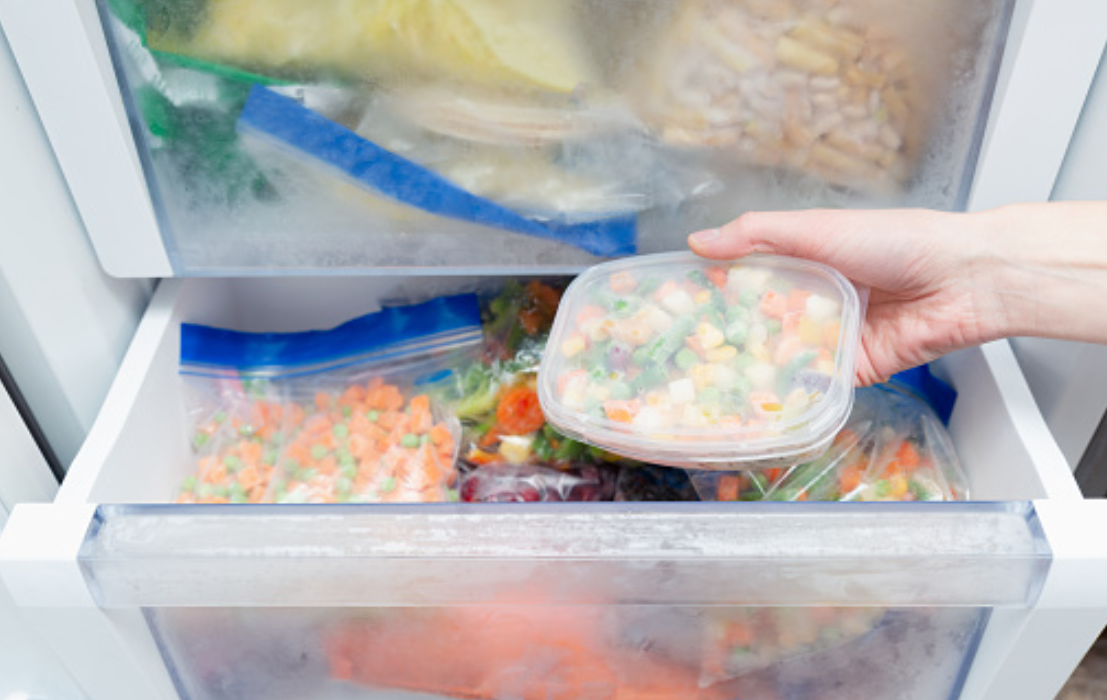
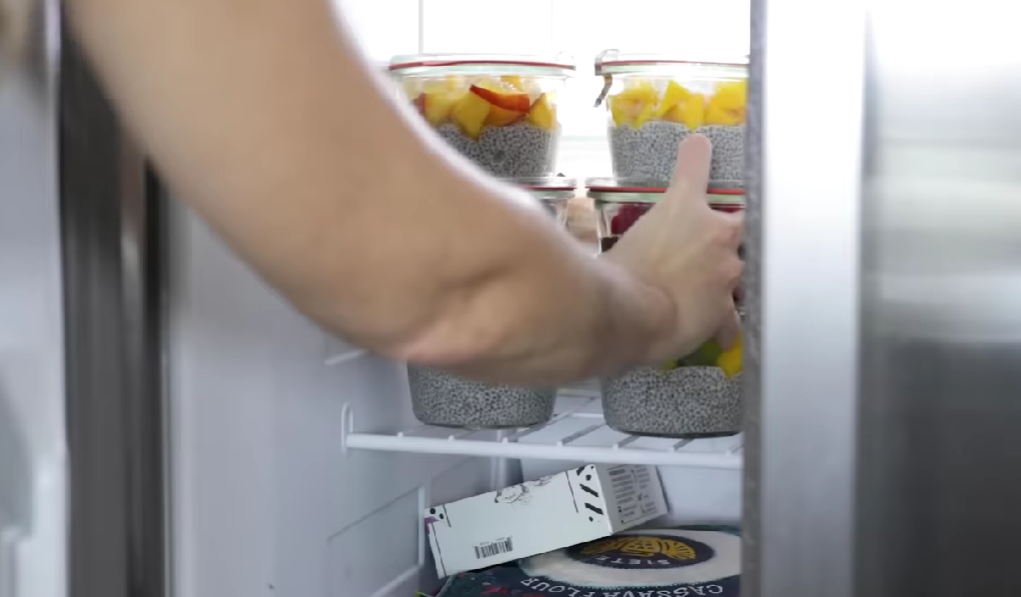
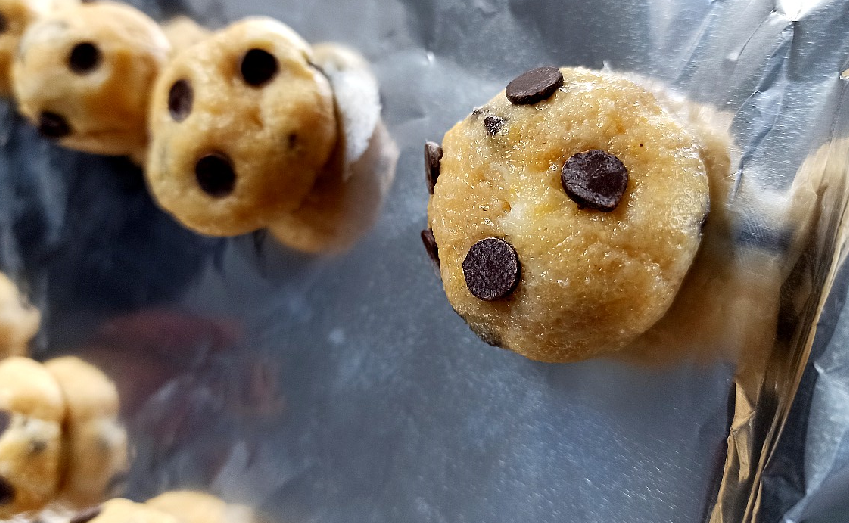
![Can you Cook Eggs in the Microwave? [Complete Guide]](/assets/images/c1f79d1cad59f18f9b5dc31403bd0eb2.png)
